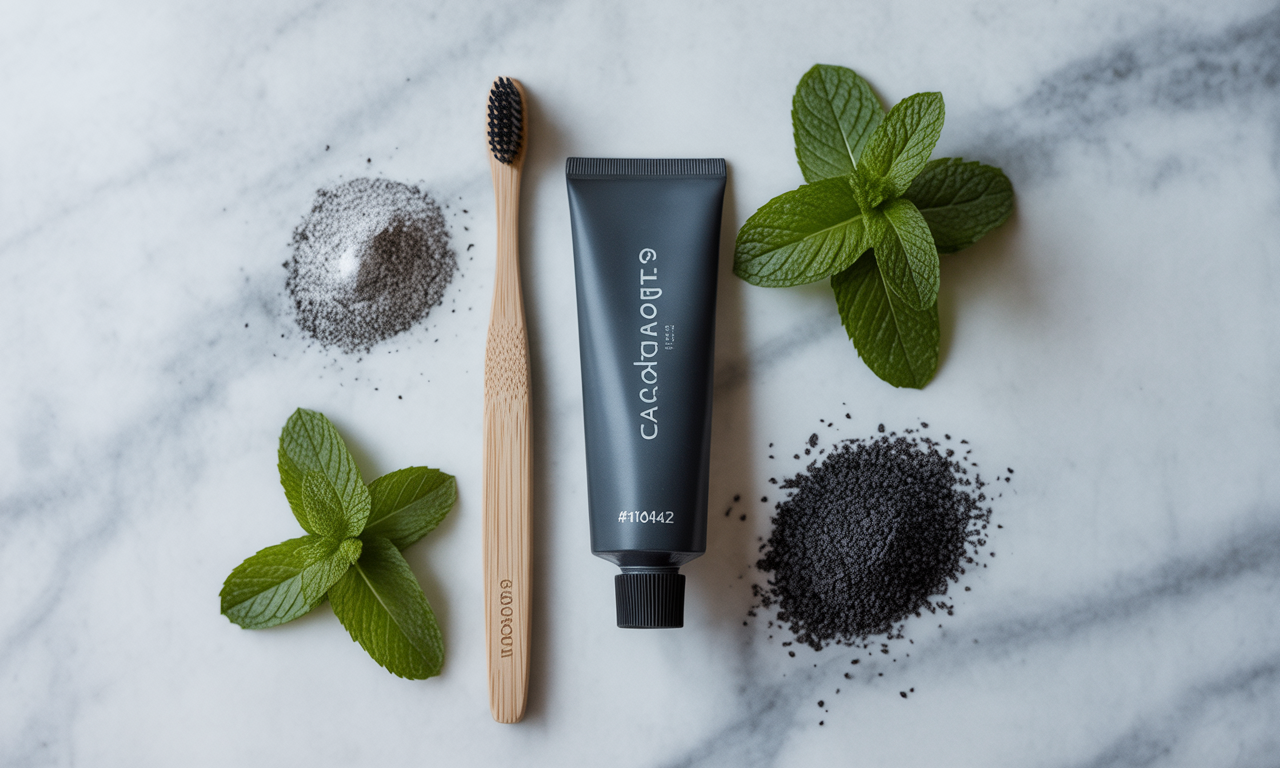Natural whitening products—especially charcoal toothpaste—have gained massive popularity thanks to social media trends and influencer endorsements. Marketed as a chemical-free way to whiten teeth, these products promise a brighter smile using natural ingredients. But is the hype backed by science? And more importantly—are they safe? Here’s what dentists want you to know before you start brushing with black paste.
TLDR Quick Guide
- Charcoal toothpaste may provide short-term whitening by scrubbing surface stains
- There is no evidence it whitens teeth below the enamel or removes deep discoloration
- Long-term use can erode enamel and increase tooth sensitivity
- Most natural whitening products are unregulated and lack clinical proof
- Talk to your dentist before using any abrasive or unconventional whitening product
What Is Charcoal Toothpaste?
Charcoal toothpaste is made with activated charcoal, a fine, porous black powder derived from wood, coconut shells, or other natural materials. It’s praised for its adsorptive properties—meaning it can bind to particles like plaque, surface stains, and bacteria.
Many charcoal pastes also advertise themselves as “fluoride-free” or “all-natural,” appealing to those seeking holistic oral care.
Claimed Benefits of Charcoal Toothpaste
- Whitens teeth by removing surface stains
- Absorbs toxins and bacteria in the mouth
- Provides a natural alternative to peroxide-based whiteners
- Freshens breath and polishes enamel
However, most of these claims are unproven or overstated, and the risks often outweigh the benefits.
The Real Risks of Using Charcoal Toothpaste
1. Enamel Erosion
Charcoal is abrasive. Regular use can:
- Wear down enamel
- Make teeth appear more yellow (by exposing the dentin underneath)
- Increase tooth sensitivity over time
Once enamel is lost, it does not regenerate.
2. Gum Irritation
The gritty texture of charcoal can:
- Irritate gum tissue
- Cause recession if brushed too aggressively
- Create microtears that allow bacteria to enter
3. Lack of Fluoride
Many charcoal toothpastes are fluoride-free, which means:
- No protection against tooth decay
- Increased risk of cavities if used exclusively
Fluoride is proven to strengthen enamel and prevent caries—skipping it is not advised without a clinical reason.
4. Staining Dental Work
Ironically, charcoal toothpaste may leave gray or black residue on:
- Crowns
- Veneers
- White fillings
This can cause uneven coloration and cosmetic concerns that are hard to reverse.
Are Other Natural Whitening Products Any Better?
Other “natural” whitening options like baking soda, turmeric, or oil pulling also promise brighter smiles, but like charcoal, they:
- Lack consistent clinical evidence
- Vary widely in quality and concentration
- Pose risks when used improperly or excessively
What Dentists Recommend Instead
- Whitening toothpastes with ADA approval: These use mild abrasives and safe levels of peroxide
- Professional whitening treatments: In-office or take-home trays supervised by your dentist
- Fluoride toothpaste with gentle whitening agents: Maintains enamel strength while brightening over time
- Custom advice: Get a whitening plan tailored to your enamel health, gum condition, and previous dental work
Key Takeaways
- Charcoal toothpaste may remove surface stains—but often at the cost of enamel health
- It is not a substitute for proven whitening methods and may do more harm than good
- Natural doesn’t always mean safe or effective, especially in unregulated oral care products
- Talk to your dentist before trying DIY whitening trends
- Stick with ADA-approved products and professional treatments for safe, long-term results

